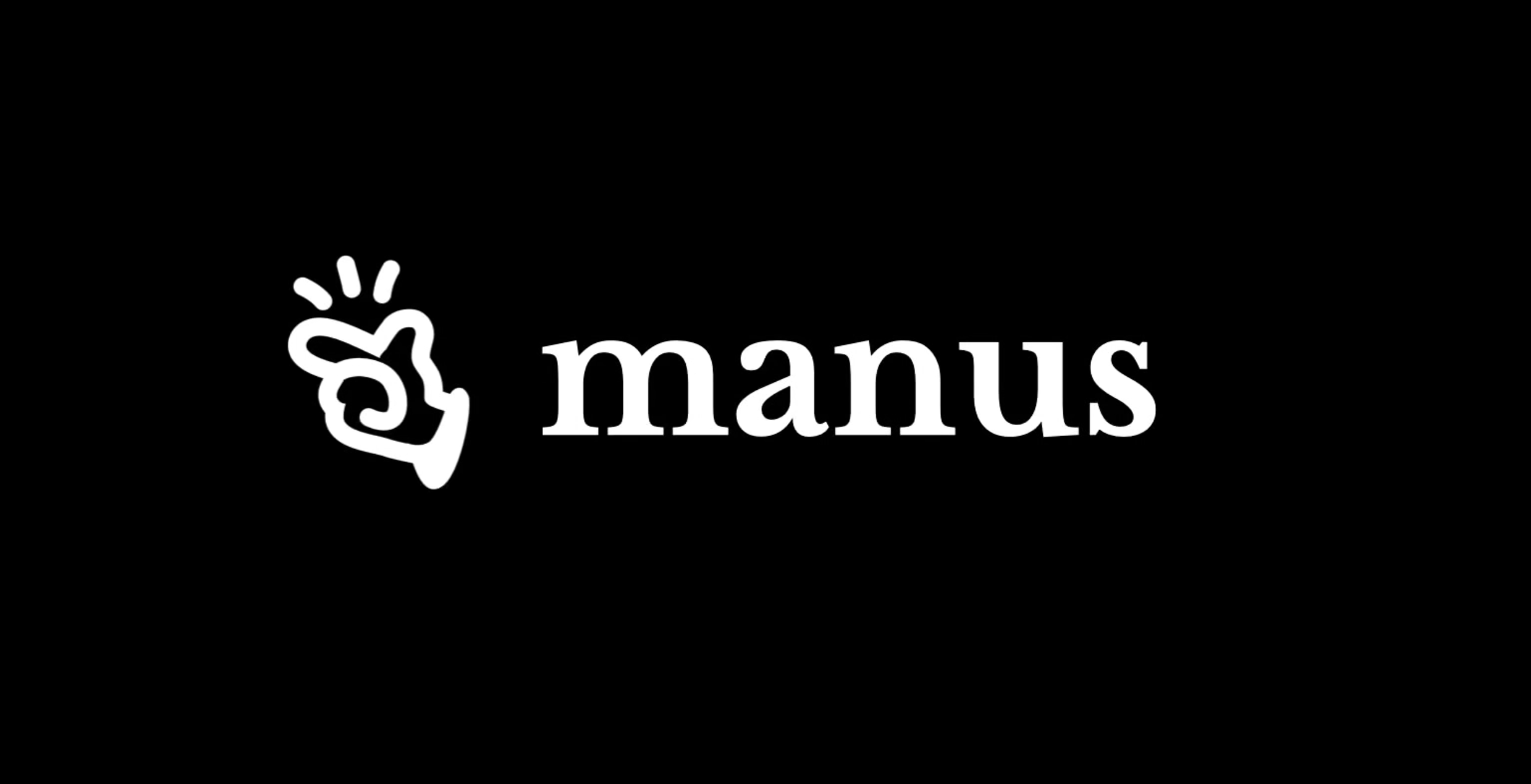Manus: A Chinese AI Agent Utilizing Claude Sonnet and Open-Source Technology

Overview of Manus AI: The Next Frontier in Autonomous Agents
What is Manus AI?
Manus AI is a newly developed artificial intelligence agent crafted by the Chinese startup, Monica. The agent specializes in performing complex tasks, such as travel planning and financial analysis, entirely without human intervention. Despite its promising capabilities, Manus AI is still in limited release, with crucial technical specifics remaining undisclosed.
Key Features of Manus AI
Multi-Agent System
One of Manus AI’s standout features is its multi-agent setup. In this system, users primarily interact with an executor agent. This agent is designed to handle user requests without knowledge of the other components involved, such as the knowledge agent or the planner agent. According to Yichao "Peak" Ji, Manus AI’s chief researcher, this design helps manage context length and explains why certain prompts may lead to inaccurate outputs or "hallucinations."
Interaction Methodology
Users engage with Manus AI through natural language prompts, describing tasks they wish to accomplish. For instance, when a user inputs a request about analyzing Tesla stocks, Manus AI generates an interactive dashboard that is made available online. This efficient workflow showcases its ability to transform initial requests into completed tasks seamlessly.
Use of Advanced Technologies
Manus AI’s architecture relies heavily on open-source technologies, which have been crucial to its development. Plans are in place to release various components as open-source software soon. Currently, the AI utilizes Claude 3.5 Sonnet v1 along with fine-tuned Qwen models, with testing ongoing for Sonnet 3.7, which appears promising.
How Manus AI Compares in the AI Landscape
Performance Benchmarks
Manus AI claims to outperform OpenAI’s deep research features on the GAIA benchmark, which evaluates AI agents based on practical task execution. However, independent verification of these claims is challenging due to the limited information available about its underlying technology.
Comparison with Other AI Agents
Industry observers have drawn comparisons between Manus AI and other advanced AI platforms, such as OpenAI’s Operator system and Google’s Mariner. While OpenAI’s system is still addressing reliability issues, Google’s Mariner aims to integrate sophisticated planning capabilities with varying memory types.
Development and Background of Monica
Company Origins
Monica was established in 2022 by Xiao Hong, who sought to create a browser extension that could integrate multiple language models for broader markets. Backed by significant investors like Tencent and ZhenFund, the company has seen rapid growth. Co-founder Yichao "Peak" Ji brings experience from founding Peak Labs, further adding to the team’s expertise.
Early Limitations and Feedback
Initially, Manus AI experienced unexpected demand, which caused limitations in its infrastructure. According to product partner Zhang Tao, the current version is still in early stages of development, suggesting that future releases will be far more refined and capable.
The Broader Context of AI Agent Development
The AI industry is characterized by rapid advancements in autonomous agent development. Various companies, including OpenAI and Google, are racing to create functional agent systems. However, industry leaders warn about potential risks, particularly how AI agents could be manipulated if given access to users’ personal online accounts and resources.
User Experiences and Feedback
Early testing of Manus AI has yielded mostly positive responses, with users sharing examples that highlight its automation capabilities, including tasks like podcast editing. Their feedback has fostered comparisons to Deepseek, another Chinese startup that has successfully challenged Western AI technologies.
Conclusion
As Manus AI continues to evolve, it represents a significant step in the capability of AI agents, emphasizing both the potential and challenges of this technology in real-world applications. The ongoing development and feedback will be crucial in shaping its future and confirming its place in the competitive landscape of AI services.






